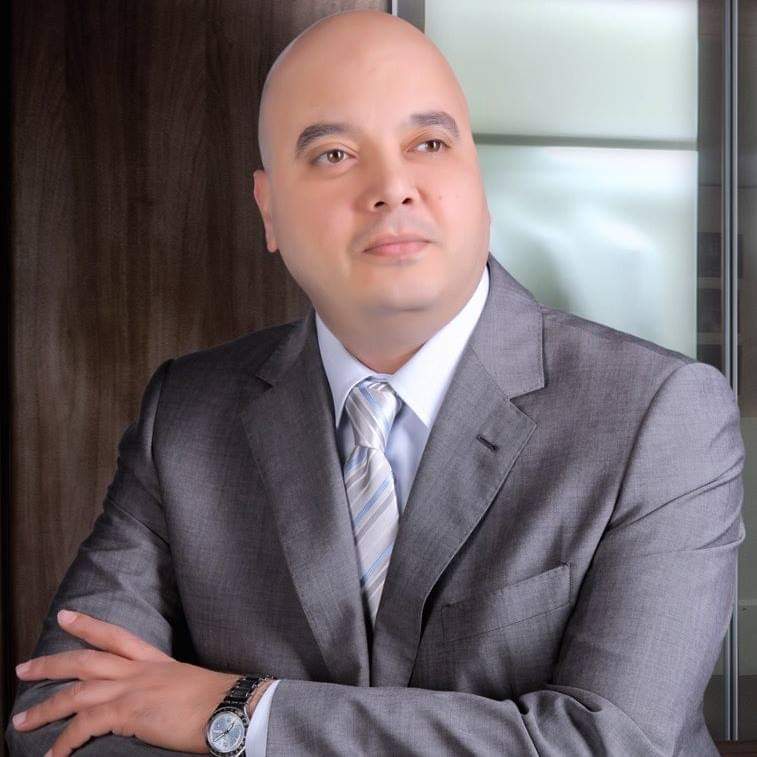
Mahmoud Al-Ganainy
Chief Executive Officer
Regional Center for Sustainable Development and Future Foresight Studies
2019-08-23
The need for future foresight sciences
Changing is one of the constants of our lives. Due to the rapid changes and the many emerging developments witnessed around us at all levels in the world, many questions were raised about what is the future of the world in the years and centuries to come, whether at the political, economic, social or scientific levels, especially due to the fact that many persistent concepts and beliefs could not be approached or discussed, but all of that was shattered on the rocks of rapid social, political, scientific and other changes over the past three centuries, and the whole world's concern has become to predict what the future of the world will be in the years and centuries to come? This question is one of the most important questions that preoccupied human thought, and the answer to this question was the reason behind all the progress and evolution achieved by man, where humanity has always been monitoring the events around it and tries to foresight the future changes, often caused by man activities, to identify the uncertainty of expected events that threaten humanity or opportunities to be seized. Future foresight can be defined as "the process of adopting scientific methodologies and styles in an attempt to understand developments, in terms of the risks and opportunities expected to occur in the future, and working to reduce uncertainty in order to prepare and plan well for those developments for more than 20 years”. Accordingly, future foresight presents to the decision maker full plans for the future based on scientific methodologies. There is a difference between strategic planning and future foresight. Strategic planning may extend to five or ten years, while future foresight extends to 25 years or more. When the strategic planning process takes place, it focuses on a particular field to develop a plan for, such as economics, security, education or other fields, while future foresight requires considering all economic, social, political and other fields, and examining each field separately. Strategic planning comes after future foresight. The strategic plan will achieve greater success if based on scientific methodological future foresight. The alternatives and expected scenarios provided by Future Foresight experts are fundamental pillars for building strategic plans and operational plans. Future Foresight is no longer just a term to be chanted, and there is definitely no more confusion between it and "Reading the fortune" or "looking at the stars" and that it is an established science with systematic tools, introduced at the hands of "Herman Kahan", the godfather of this branch of science. He has developed its theoretical framework since the 1940s, and his work was relative to the military field, after which he joined RAND, the world's premier institution in scientific research and ways of future foresight. So all countries and institutions, especially those with developmental challenges, have sought to take advantage of the future foresight science, to actively contribute to developing solutions for the future and also to make scenario plans for everything that is uncertain and/or affects the future negatively or positively, where States and institutions do not need much time to make appropriate decisions and/or act effectively at the time of sudden changes beyond their control due to the limited time of decision-making, where the element of surprise disappears as a result of prior planning, as well as higher quality and accuracy for decisions made under the potential scenarios and their plans. The sister State of the UAE has already been a true pioneer in this field and is interested in this science, as this is evident in the establishment of a special ministry for future foresight: "The future does not wait for the hesitant", and beyond that; indicators for government institutions were developed with prizes of excellence for future foresight. To reaffirm that future foresight is not a luxury, but an urgent need for our beloved Egypt to protect it from external and internal threats and fortify it for the future. This is the aspiration of the decision-maker during the coming period, especially in light of the promotion of Vision 2030 and the emergence of results on the ground for national projects initiated in the last five years. # Long_Live_Egypt # Long_Live_Egypt # Long_Live_Egypt Mahmoud Al-Ganainy Chief Executive Officer Regional Center for Sustainable Development and Future Foresight Studies